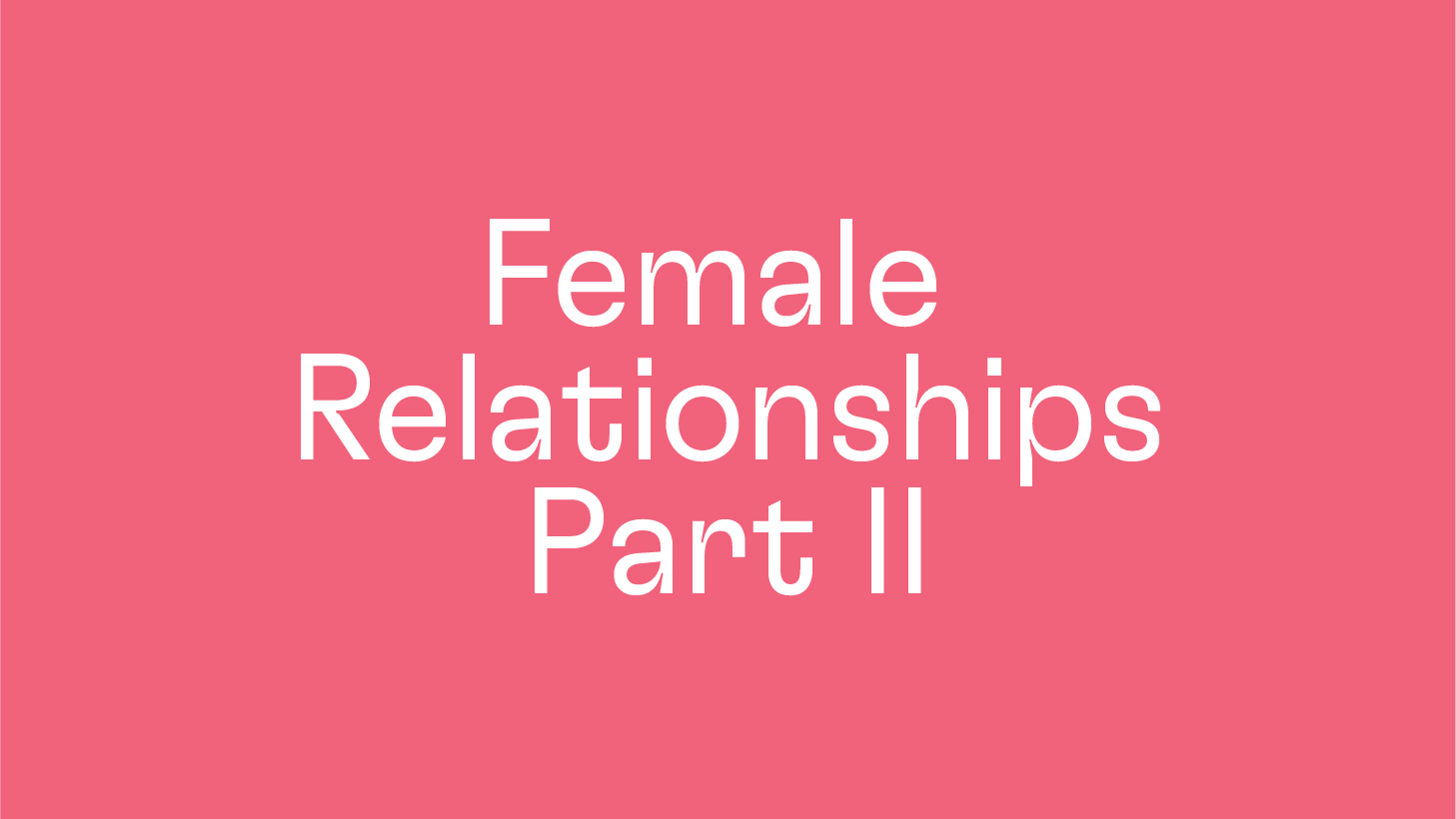This article is the compilation of our learnings from 7 global dinners held in 2020.
Last month, we hosted VIRTUAL dinners on the topic of “Female Relationships” in 7 cities around the world. From Norman, Oklahoma to Buenos Aires, Rome to New York, women gathered on computer screens across the globe to discuss what female relationships mean to them. Dinner tables were replaced with Zoom rooms, as everyone logged on with a meal and a beverage of choice.
And now, our key takeaways…
As we’ve said before, female relationships are our lifeblood
There are few feelings more powerful than that of deep connection and belonging with other women. We heard one core truth across our virtual tables — we all crave deeper, more honest, vulnerable relationships with the women in our lives. When we feel truly safe and seen by other women, it is as though we can finally EXHALE. There’s this tremendous freedom in knowing that we can be 100% ourselves — even the weird, messy parts — and still be loved and accepted.
However, so many things can get in the way — With such depth and love can come so much pain and suffering. We have insanely high expectations of our female friends — and our female friends of us. There’s almost no room for error. Many of us feel that there is an unspoken rule that female friendships need to be unconditional and forever. But is this true? It is as if we put female friendships in the “familial” category, making it impossible to shift, evolve, or hardest yet — to end.
Many of us shared tales of envy and comparison with other women, especially in the workplace. We want to be seen as the “smartest” woman in the room, and see all other women as our competition. Or maybe it’s the other moms on Instagram who seem to have it “all together” while we feel our lives our falling apart that can put us into a deep spiral of self-criticism and judgement. Why is it so much easier to see other women as our enemies, and not allies?
Romantic relationships vs. Friendships
When it comes to romance and love, society gives us a template for how to act. We have a cultural narrative around starting a new relationship, working through conflict, and breaking up. But when it comes to friendships, we are often left walking in the dark. Friendships can be more complicated, and exist in a grey space with murkier boundaries and deal breakers than romantic relationships. We don’t know how to tell a woman we want to be her friend, express dissatisfaction with a misbalance in the relationship, or tell our friend when we were hurt by something they did or said. With so much uncertainty and taboo, critical issues are simply left unaddressed.
There’s an interesting nuance here when it comes to new vs. old friendships. With old friendships many of us continue the tradition of conflict avoidance and lack of boundaries. As a result, we stay in these older relationships longer than we should (sound familiar, anyone?). However, when creating new friendships later in life, many of us feel more comfortable with boundary setting and insert them into the relationship early on (e.g. telling a new friend what we need to feel connected, or when our feelings are hurt). But how can we bring our boundaries into old relationships in a way that feels safe?
We know we sometimes need difficult, honest conversations for our female relationships to thrive — but we really struggle to have them
This is especially the case when it comes to transitions — when beginning and ending friendships. In new friendships, many of don’t speak out when our needs aren’t being met. Some shared stories of a lack of mutuality — why am I the only one reaching out and initiating with her? But instead of saying what we need to feel connected, we hide and bury our hurt.
We all know when it is time for a friendship to end — but will often do everything in our power to avoid the dreaded friendship breakup. Whether the dynamic feels toxic, one friend is constantly emotionally “dumping” on the other, or you simply don’t share the same values anymore, sometimes we need to re-evaluate our friendships and move on. As we’ve said before, we’re so scared and guilt-ridden to hurt one another, that we’d rather quietly fade into the distance (e.g. ghosting!) rather than have an honest and difficult conversation.
We think of friendship breakups as this harsh, painful, and tragic thing. But what if we learned how to have a “conscious un-friendship,” in which two people shared honestly and tenderly about how they are no longer on the same path. Could a friendship breakup be something expansive and beautiful?
Yet these are the conversations that we need to have in order to make our female relationships more healthy, honest, and nourishing
We have the choice to re-imagine the female relationships in our life as a groundswell of love, connection, and intimacy. We do not need to stay in toxic, boundary-less dynamics that drain and exhaust us. And to do that, we need to lean into the difficult, courageous and necessary conversations with the women in our lives in order to build and maintain more resilient, compassionate relationships. But it is a practice — and this is the work.
Experiments
How can you set compassionate boundaries with an old friend in your life? What do you need to say to feel safe and connected?
What woman in your life do you need to have a difficult, honest, vulnerable conversation? What is holding you back from doing so? How can you take the first step?
Written by Sybil Ottenstein and Veronica Marquez in collaboration with our hosts Dee de Lara in Toronto, Julie Beretta in Rome, Leslie Collins in Jersey City, Mariasu Nicolini and Vanina Gruart in Buenos Aires, and Lisa Cox in Norman, OK.
